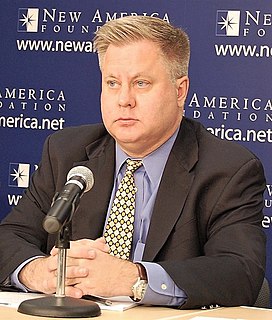A Quote by Martin Schulz
As a party of labor, the SPD must work together with the unions to ensure that people can make a living with their work. That is why I am not a proponent of the concept of unconditional basic income. I am, however, very much in favor of decent wage agreements, secure and lasting jobs, employee participation in decision-making and the examination of the social justification for claims and payments.
Quote Topics
Related Quotes
The conservative goal has been the Third Worldization of the United States: an increasingly underemployed, lower-wage work-force; a small but growing moneyed class that pays almost no taxes; the privatization or elimination of human services; the elimination of public education for low-income people; the easing of restrictions against child labor; the exporting of industries and jobs to low-wage, free-trade countries; the breaking of labor unions; and the elimination of occupational safety and environmental controls and regulations.
I have been a proponent of dramatically expanding the AmeriCorps program. By increasing the pay of participants to a living wage, it can act as a jobs program that, rather than trying to predict what will be technically viable jobs, will value social support and provide jobs that make communities stronger.
One of the proven ways of getting workers more involved with their jobs is by dovetailing employee profit-sharing and stock ownership plans with greater responsibility sharing... Trade unions in this country should... consider these arrangements much more carefully than they have up to now... Expanded employee profit participation and stock ownership would provide workers with a greater measure of economic and social independence, thus stimulating increased productivity.
Most people aren't encouraged to think of their labor as very valuable. We usually think of it as the necessary thing we engage in in order to survive. We live in a world where our ability to survive is connected to our ability to draw a paycheck. But there are other ways of organizing labor and culture. For example, people who are pushing for fixed universal base income, or a welfare system that separates wage labor from the compensation required to survive. It was only when I thought of those alternatives that I was able to really understand what we mean when we say sex work is work.
We all need to work together, because there are no jobs on a dead planet; there is no equity without rights to decent work and social protection, no social justice without a shift in governance and ambition, and, ultimately, no peace for the peoples of the world without the guarantees of sustainability.
When the press writes scare stories about the global labor supply draining jobs from rich to poor places, the story is usually presented as a "race to the bottom" simply in terms of wages. Capitalism supposedly looks for labor wherever labor is cheapest. This story is half wrong. A kind of cultural selection is also at work, so that jobs leave high-wage countries like the United States and Germany, but migrate to low-wage economies with skilled, sometimes overqualified workers.
Especially for the young and the lowest-skilled, minimum wage becomes a toll that prevents many from entering the work force and gaining the skills that can make a low income or middle class worker a high income worker. This is so obvious that one wonders why liberals keep championing the minimum wage cause.
A basic assumption shapes most Americans’ mindset about labor: the belief that the death of unions isn’t my problem because I’m not in a union. That assumption is wrong. Even if you aren’t a member, your pay is influenced by the strength or weakness of organized labor. The presence of unions sets off a wage race to the top. Their absence sets off a race to the bottom.

































